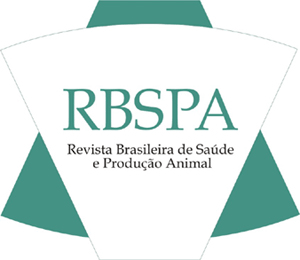ABSTRACT
This study aimed to evaluate the effects of chitosan and homolactic microbial inoculant on fermentative losses, chemical composition, fermentative profile, and aerobic stability of whole-plant soybean silage (WPSS). Additionally, it was evaluated nutrients intake and digestibility of sheep fed increasing levels of WPSS. Thirty experimental silos were randomly allocated to one of the following treatments: 1) CON: control, WPSS without additives; 2) LPPA: WPSS with Lactobacillus plantarum and Pediococcus acidilactici; and 3) CHI: chitosan, WPSS with 5 g/kg of chitosan. Ten male sheep were used to evaluate increasing dietary levels of WPSS: 0, 200, 400, 600, and 800 g/kg of diet dry matter (DM). Additives increased silage lactic acid bacteria and decreased the count of mold and yeast, gas, and total losses. Silages treated with additives had lower pH, NH3-N, and ethanol concentrations and higher lactic and propionic acids relative to CON. LPPA-treated silos showed higher organic matter and non-fiber carbohydrates content than CHI-ones. Additives increased the aerobic stability of WPSS. The addition of WPSS in sheep diets linearly increased nutrients intake and digestibility. Chitosan and LPPA improve WPSS fermentation, aerobic stability, and nutritional value. The WPSS in substitution to Cynodon hay increases sheep feed intake and nutrients digestibility.
Keywords:
fermentative losses; lactic acid; legume silage; neutral detergent fiber; silage pH
